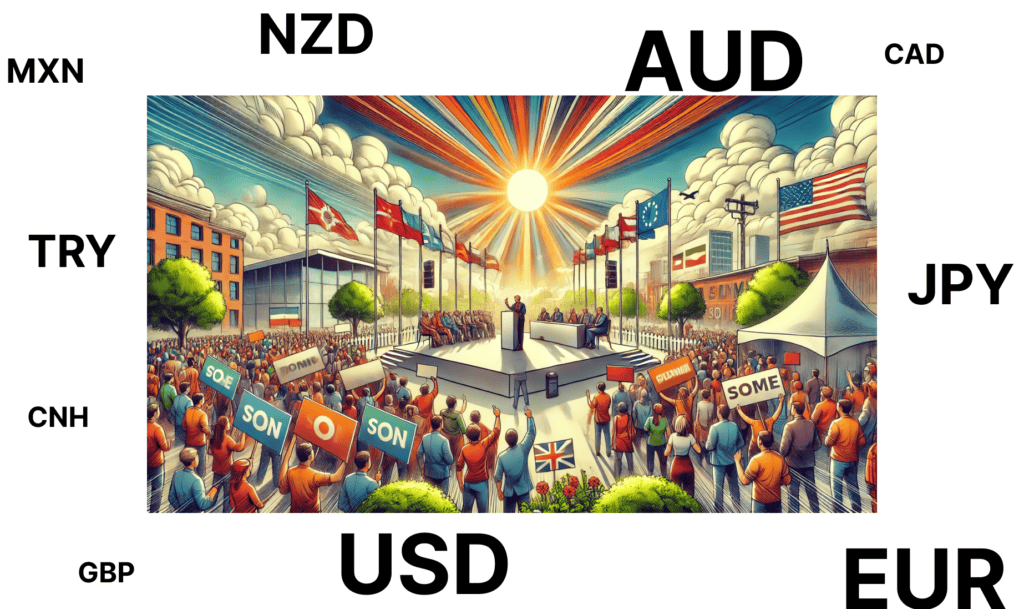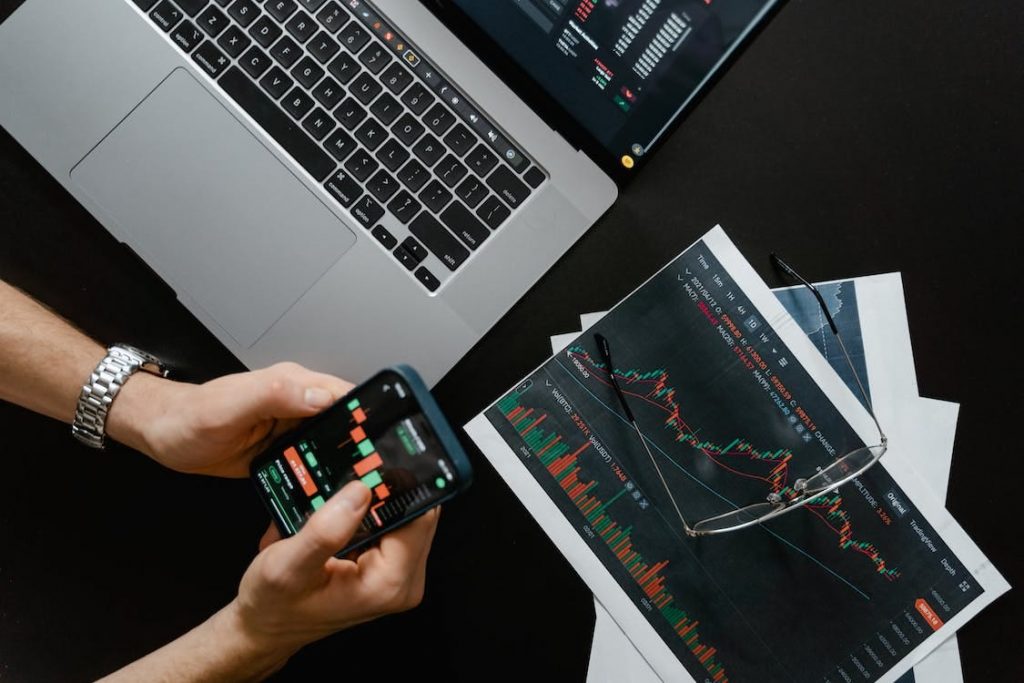
Political events are one of the key factors influencing forex markets. Given that currencies reflect a country’s economic health and investor confidence, political developments can have a profound effect on exchange rates. Whether it’s elections, geopolitical tensions, or government policies, these events can cause significant market volatility, presenting both challenges and opportunities for forex traders. Understanding how to interpret and respond to political events is essential for any trader looking to succeed in the forex market.
How Political Events Affect Currency Markets
Political events often trigger reactions from traders, investors, and financial institutions. When these events occur, they can impact everything from national economic policies to global trade relations. Here’s how political changes can affect the forex market:
- Elections and Leadership Changes
Elections are one of the most common political events that can affect currency values. When there is uncertainty about the outcome, traders may be cautious, causing increased volatility. After elections, the policies proposed by new leaders or the confirmation of their agendas can cause shifts in investor sentiment. If the new government is seen as business-friendly or supportive of economic growth, the currency may appreciate, whereas a shift towards protectionism or instability could result in a depreciation. - Geopolitical Tensions and Conflicts
Wars, natural disasters, and other geopolitical tensions create uncertainty in financial markets. In times of crisis, investors typically seek out “safe-haven” currencies like the US dollar (USD), Swiss franc (CHF), or Japanese yen (JPY), which are perceived as less risky during turbulent times. This increased demand for safe-haven currencies can lead to sharp changes in the value of currencies in conflict zones or regions affected by geopolitical tensions. - Government Policies and Fiscal Decisions
Government fiscal policies—including taxation, debt management, and government spending—can have a direct impact on a country’s currency. For instance, if a government announces increased spending or tax cuts, it could be seen as inflationary, causing the currency to weaken. Conversely, if fiscal policies are seen as prudent and conducive to economic growth, the currency might strengthen as investors gain confidence in the country’s future prospects. - Monetary Policy and Central Bank Decisions
Central bank actions, such as changes to interest rates, quantitative easing programs, or monetary tightening, can be influenced by political factors. While central banks are generally independent, political pressure can sometimes lead to policies that affect the currency. For example, if a government pressures a central bank to keep interest rates low to stimulate the economy, this could result in a weaker currency as lower rates typically reduce foreign investment.
How Traders Can Prepare for Political Events

- Stay Informed with News and Developments
To respond effectively to political events, forex traders must stay updated on global political news. Understanding the broader implications of political decisions can provide insight into how the markets may react. Tools like economic calendars, financial news outlets, and analysis from experts are crucial for monitoring political developments in real time. - Incorporate Political Events into Your Risk Management Strategy
Given the unpredictable nature of political events, managing risk is essential. Traders should plan for potential volatility by adjusting their positions or setting stop-loss orders during major political events, such as elections or geopolitical escalations. It’s also wise to avoid trading around events that could result in extreme price swings until the market has had time to digest the news. - Diversify Your Portfolio
Political events can often cause massive shifts in market sentiment, and diversifying your trades across different currency pairs can help minimize risk. By spreading your positions across currencies from various regions, you can better navigate the fluctuations caused by political instability in any single country or area. - Use Fundamental and Technical Analysis
A combination of fundamental analysis (which looks at the economic impact of political events) and technical analysis (which studies price patterns and trends) can help you anticipate how currency markets may react. Both methods, when used together, offer a more comprehensive understanding of how political events influence forex markets.
Political events play a significant role in shaping the forex market. From elections and government policies to geopolitical tensions and central bank decisions, these events can drive dramatic shifts in currency values. Forex traders who stay informed about global politics, develop robust risk management strategies, and diversify their portfolios will be better equipped to navigate the challenges and opportunities that arise from political events. To ensure you’re trading with the best brokers and platforms available, check out Broker Reviews for in-depth insights and recommendations. By understanding the link between politics and currency fluctuations, traders can make more informed decisions and enhance their trading success.